Optimal Timing for Apple Tree Pruning
Understanding the optimal timing for pruning apple trees is essential for maintaining healthy growth and maximizing fruit production. Proper pruning schedules depend on the tree's growth cycle and local climate conditions, ensuring that cuts promote vigorous development and reduce disease risk.
Pruning during late winter to early spring before bud break encourages strong growth and helps shape the tree for the upcoming season.
Light pruning in summer can improve air circulation and remove excess growth, supporting fruit quality.
Pruning in autumn is generally avoided to prevent exposing the tree to winter injury and disease.
Pruning during dormancy, typically late winter, is ideal for most apple varieties to promote healthy development.
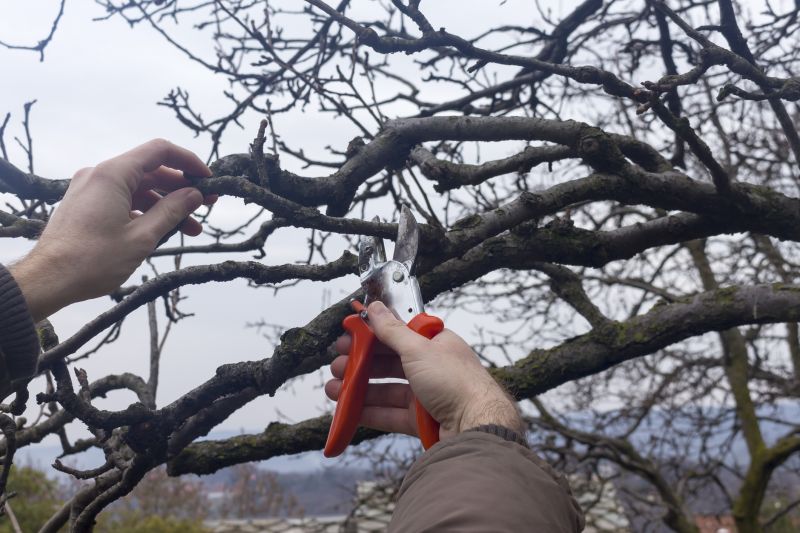
Winter pruning removes dead or diseased branches, shaping the tree for better growth.
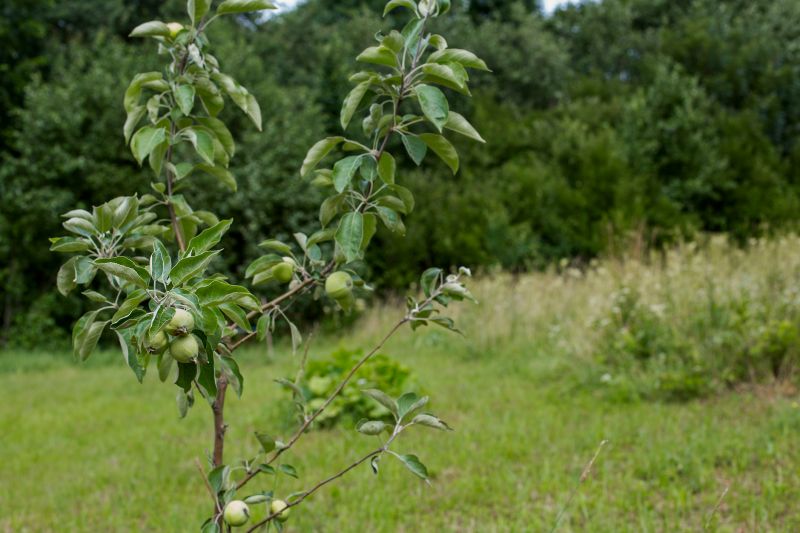
Spring pruning stimulates new growth and prepares the tree for fruiting.
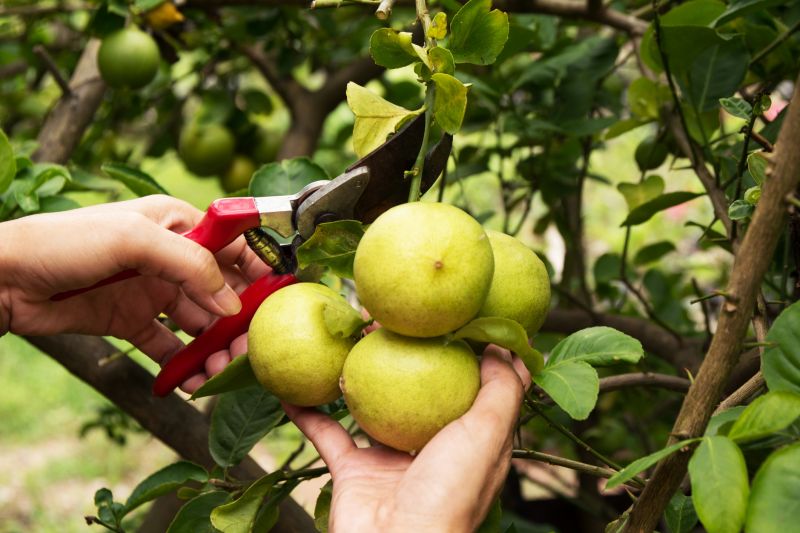
Summer pruning helps control size and improves fruit quality.
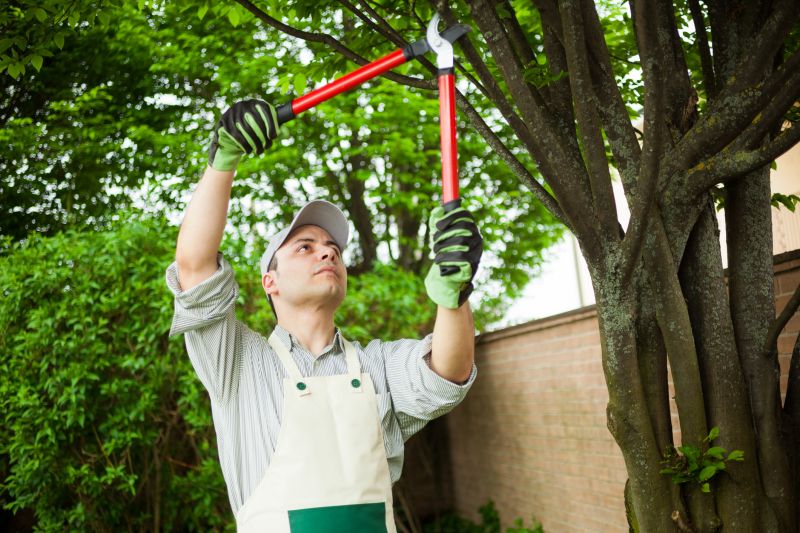
Ways to make Apple Tree Prunings work in tight or awkward layouts.
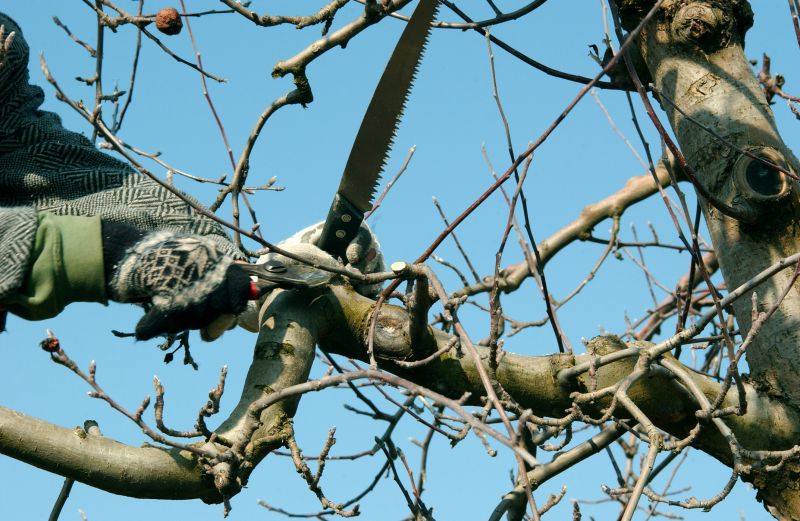
Popular materials for Apple Tree Prunings and why they hold up over time.
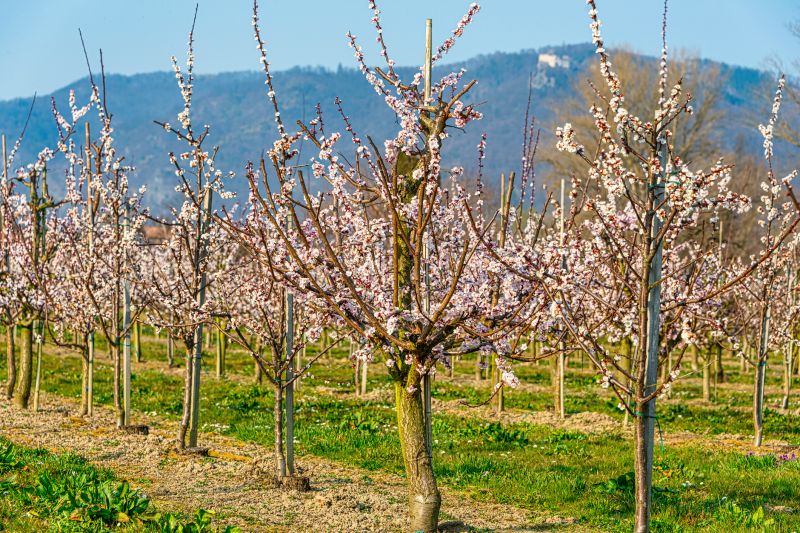
Simple add-ons that improve Apple Tree Prunings without blowing the budget.
| Season | Recommended Activities |
|---|---|
| Late Winter | Prune to remove dead wood and shape the tree. |
| Early Spring | Light pruning to encourage flowering. |
| Mid Summer | Remove excess growth and thin fruit clusters. |
| Late Summer | Minimal pruning, focus on disease prevention. |
| Autumn | Avoid pruning to prevent winter injury. |
Apple tree prunings are crucial for maintaining healthy orchards and ensuring optimal fruit production. Proper timing allows for the removal of diseased or damaged branches, promotes airflow, and encourages the development of a strong structure. Studies indicate that pruning during dormancy can increase fruit yield and improve fruit size, while improper timing may lead to poor growth or increased susceptibility to pests and diseases.
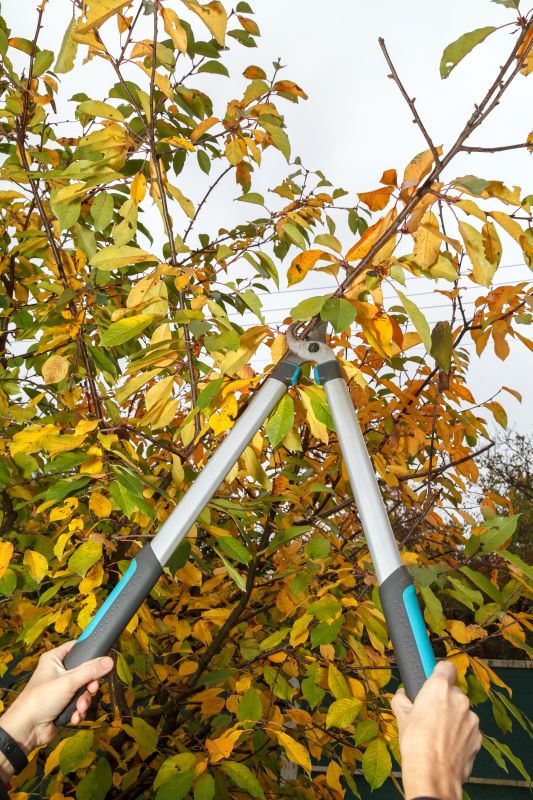
Using sharp, clean tools ensures precise cuts and reduces the risk of infection.
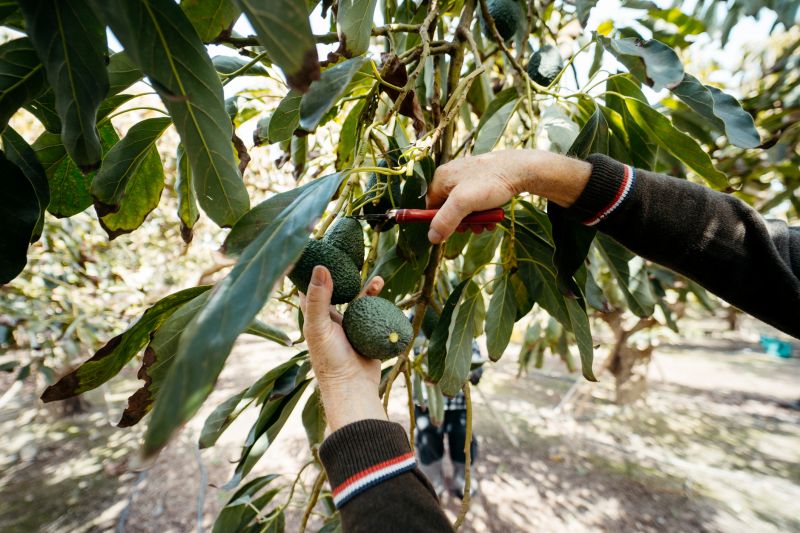
Proper techniques include thinning cuts and heading cuts to shape the tree effectively.
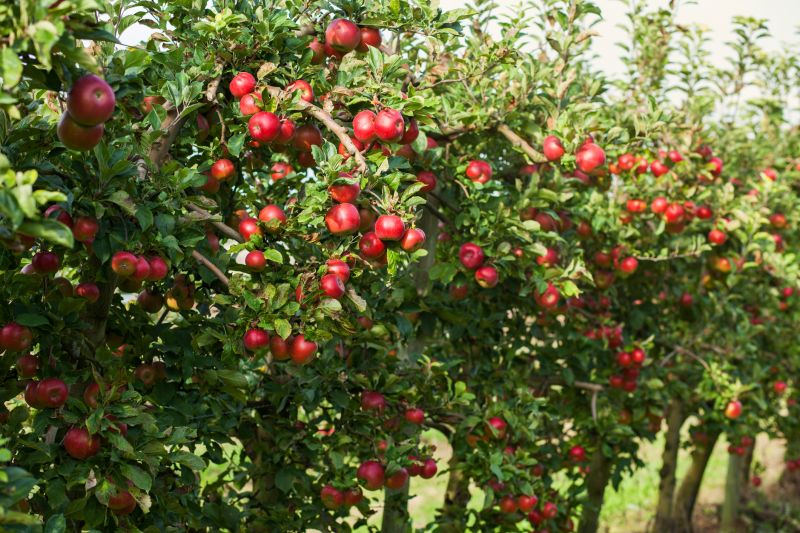
Regular pruning supports fruit quality and tree longevity.
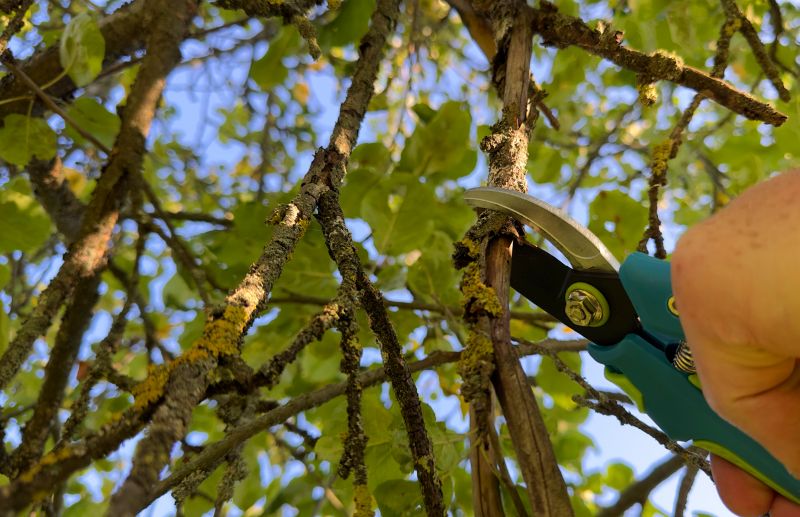
Applying wound dressings and monitoring for pests helps maintain tree health.
For those interested in managing apple tree prunings effectively, it is advisable to contact professionals or experienced growers for guidance. Proper pruning not only enhances fruit production but also extends the lifespan of the trees and improves orchard management practices.



